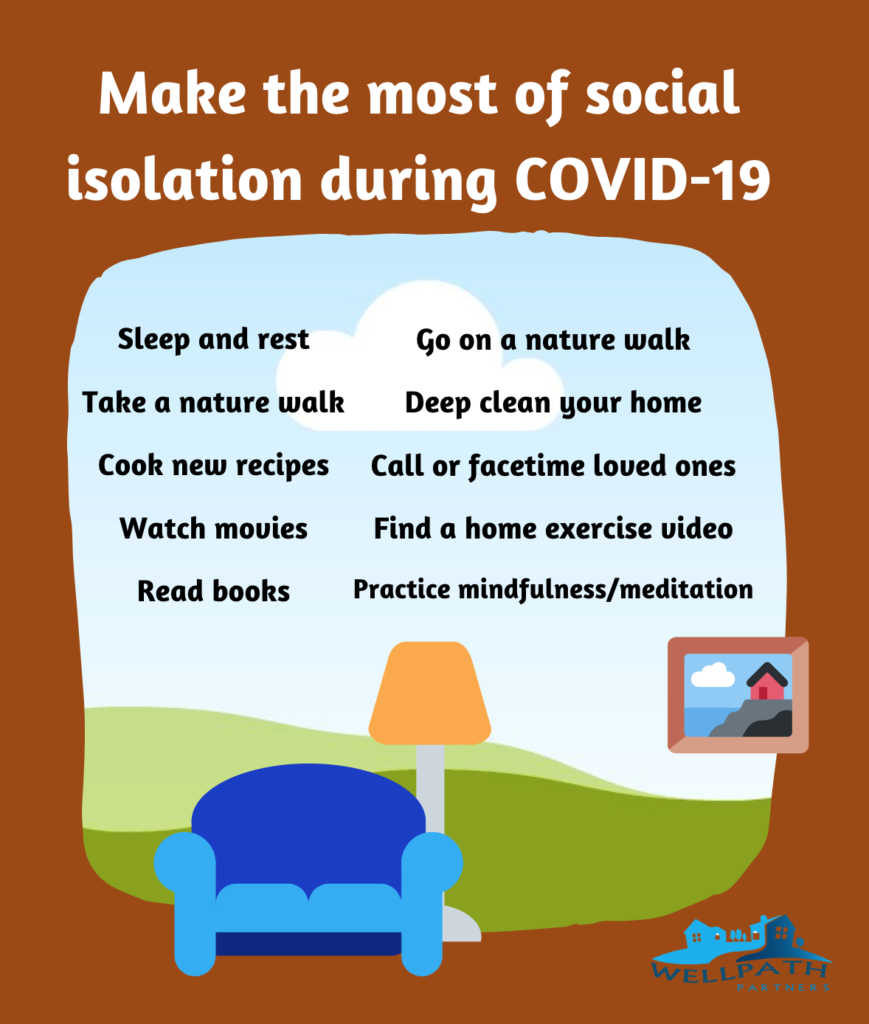
The CoronaVirus (COVID-19) is a respiratory disease that is said to have originated from bats in China. On Monday, March 2, 2020, the World Health Organization increased its warning of global spread and impact risk from “high” to “very high” (Bloomberg). On March 13, United States President Donald Trump declared the outbreak a national emergency. As of March 20, 2020, the coronavirus has spread to 259,273 cases of infection and 10,546 deaths worldwide. In response to the disease’s spread, many countries, including Italy, have tightened border controls, restricted flights, shut down schools, and cancelled large events.
The coronavirus is not likely to be lethal. However, these odds should not mitigate the severity of the situation for public health awareness. The elderly are at a higher risk of dying from the illness due to relatively weaker immune systems and less physical ability. In general, individuals who already have chronic medical conditions like heart disease, auto-immune diseases, diabetes, and lung disease are at the highest risk of suffering from coronavirus at a lethal level.
According to the CDC, the best precaution to take is to completely avoid being exposed. By staying at home, you minimize exposure to other people in order to help reduce the chances of spreading or attracting the virus. If you must go out into the public, consider practicing social distancing. A six-foot no contact rule is ideal when you are near other people. It is also important to remain calm and go back to basic hygienic practices by washing your hands with soap or hand sanitizer and avoiding touching your eyes, nose, or mouth.
At this time, medical research is underway to develop an effective vaccine for the virus and potentially save more lives. In the meantime, everyone has been urged to take all precautions by staying indoors and opting to reconnect with loved ones through digital means. For the elderly in particular, there have been certain grocery stores that have set hours for only them to shop. If you have loved ones who are elderly or are at-risk and you are willing and able, volunteer to get them their essentials. This act would be even more ideal to protect them from this potentially lethal virus. If you or an aging loved one is in need of further assistance, WellPath Partners offers a vast variety of senior resources to ensure elders are receiving the proper care they need.
WellPath Partners is your senior resource referral guide. Follow us on ALL social media platforms and join us weekly for more content and public health discussions.
By Prithvi Chauhan
